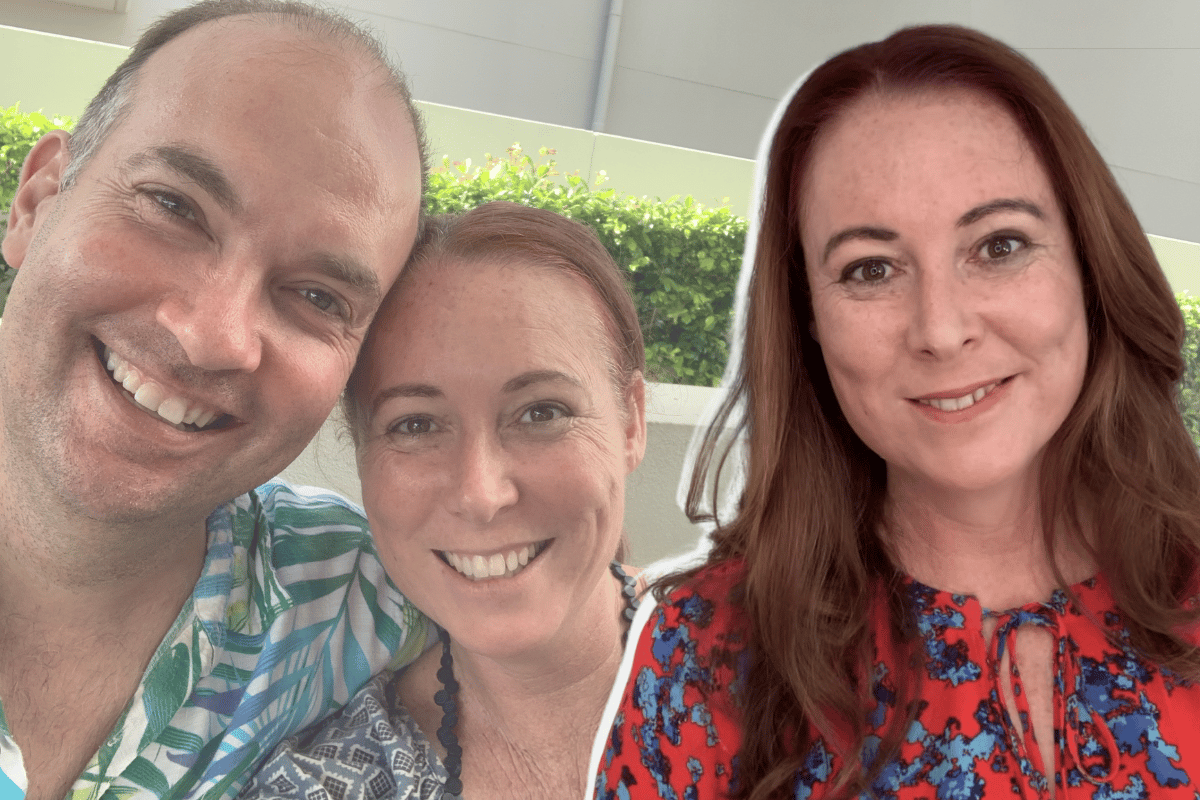
This post mentions suicide and may be triggering for some readers.
In March this year, at the age of 45, I received my official autism diagnosis.
It wasn’t something I’d gone looking for but something that came looking for me in several ways over the space of five years. The most obvious moment was two years prior to diagnosis when a visiting psychologist to my house casually dropped the words 'I consider you to be high-functioning autistic' [1] in the middle of my lounge room.
At that time, my response was an emphatic, WTAF?!
I’ve come a long way since that moment. Knowledge of what autism truly is, rather than the limited stereotypes we’ve been saturated with in the media, has set me free. Today, I embrace my autism and know myself better than ever.
Here are six things about a later-in-life autism diagnosis I want you to know.
1. We’ve always been here.
Mature aged women are being diagnosed with autism. I had no idea about this till after my own diagnosis and since then have seen a raft of 'coming out' articles and books from the likes of author Holly Smale, media presenter Melanie Sykes, and writer Clem Bastow.
While our visibility may be increasing in the psychologist’s office and in the media, the truth is that we’ve always been here.
When scientists 'discover' new planets, stars, solar systems, deep ocean sea creatures and fantastic new fungi in far off jungles, these miraculous new wonders aren’t discovered at all... they are uncovered. (You know, the same way Australia had always been here before adventurous old Cook 'discovered' it.)


Top Comments